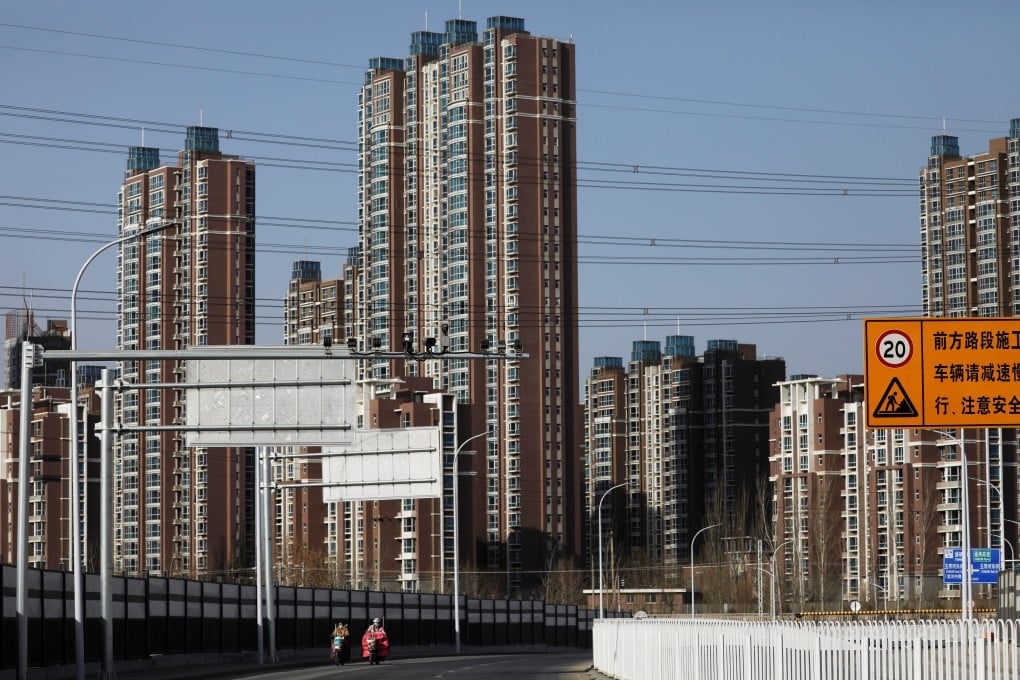Why the PBOC is keeping an eye on asset price inflation in China
- A warning of the risk of asset bubbles and Beijing’s recent net liquidity withdrawal are signals to the market that, while the authorities won’t make a sudden U-turn on pledged policy support, they also won’t tolerate unchecked credit growth

Given the coronavirus pandemic and geopolitical uncertainties, it makes sense to maintain a generally supportive policy to help the economy navigate the headwinds. In fact, the most recent statements from PBOC governor Yi Gang, which he made on a panel hosted by the World Economic Forum, suggest authorities will continue to use monetary policy to prop up the economy. He said China won’t “prematurely” end its supportive policy measures but will keep debt risks under control.
Moreover, Ma suggested that China should scrap the annual gross domestic product growth target permanently, to shift the focus to employment and other economic indicators. The financial media recently reported that Beijing is seriously considering dropping the growth target again this year to prevent local governments from borrowing massively from commercial banks.
Taking the comments from Yi and Ma as a whole, while there exists some contradiction, the policy tone is clear. Beijing needs healthy economic growth, which requires proper risk controls to ensure financial stability.
